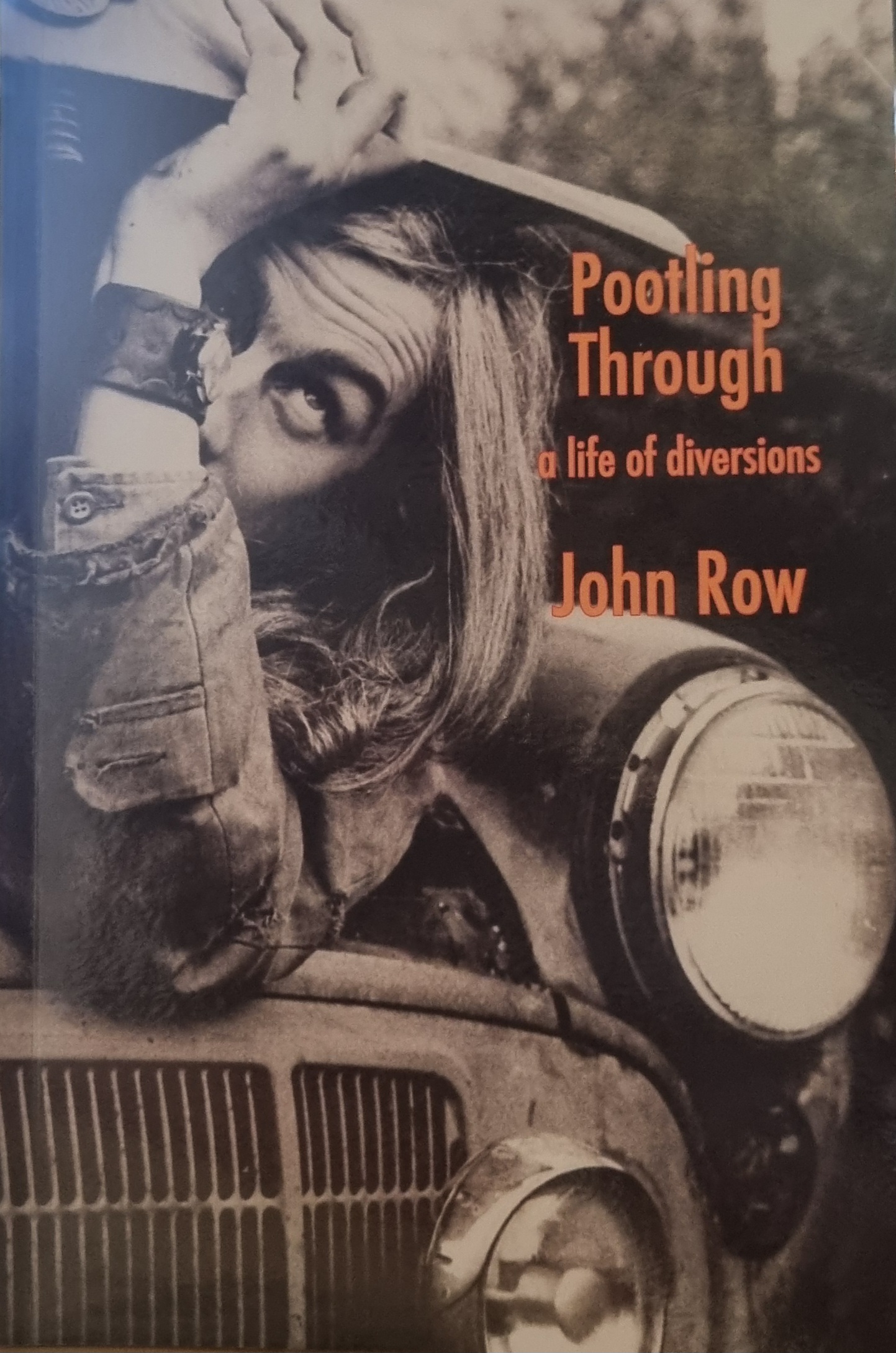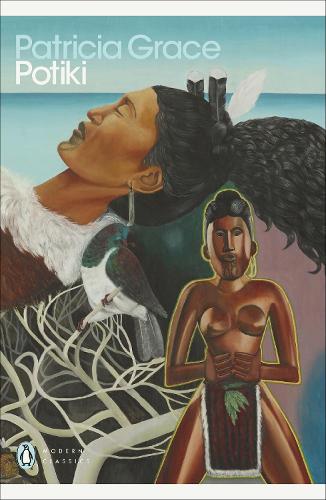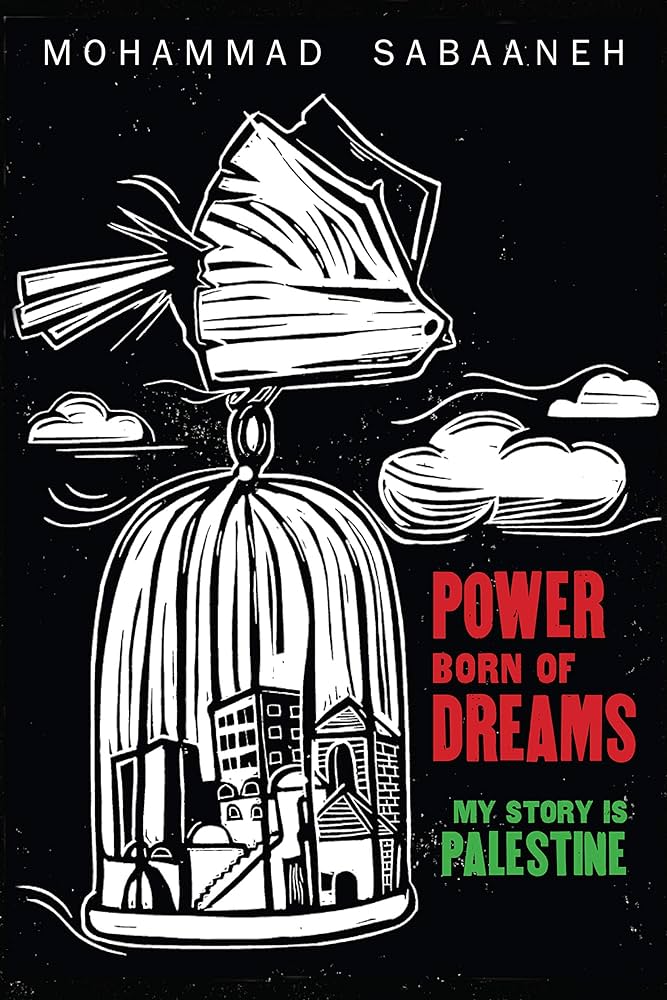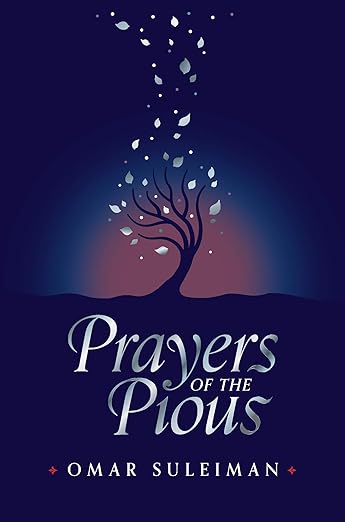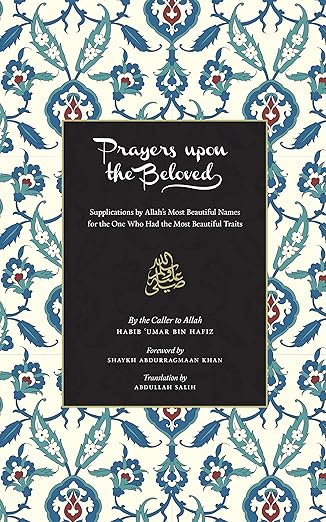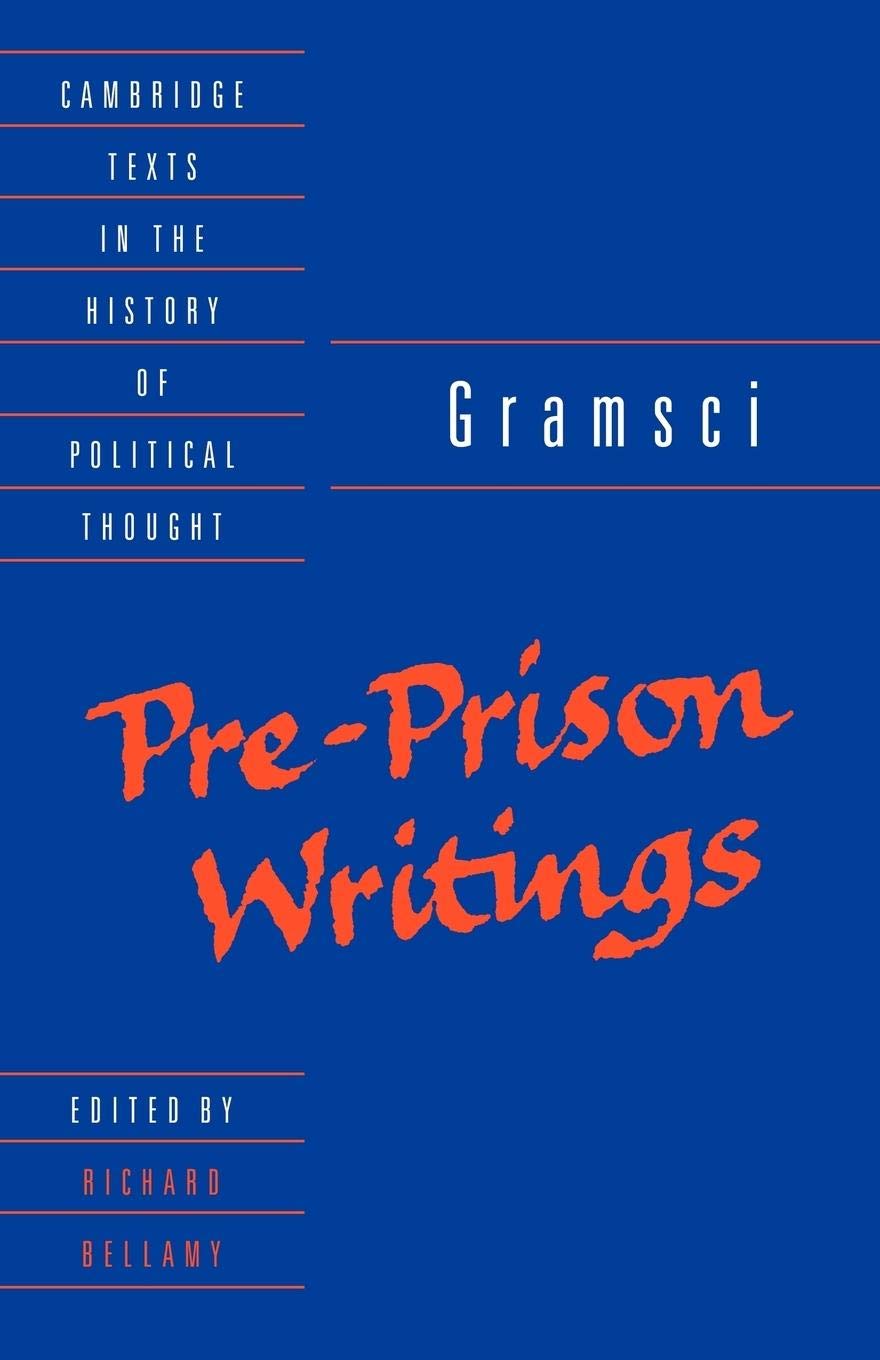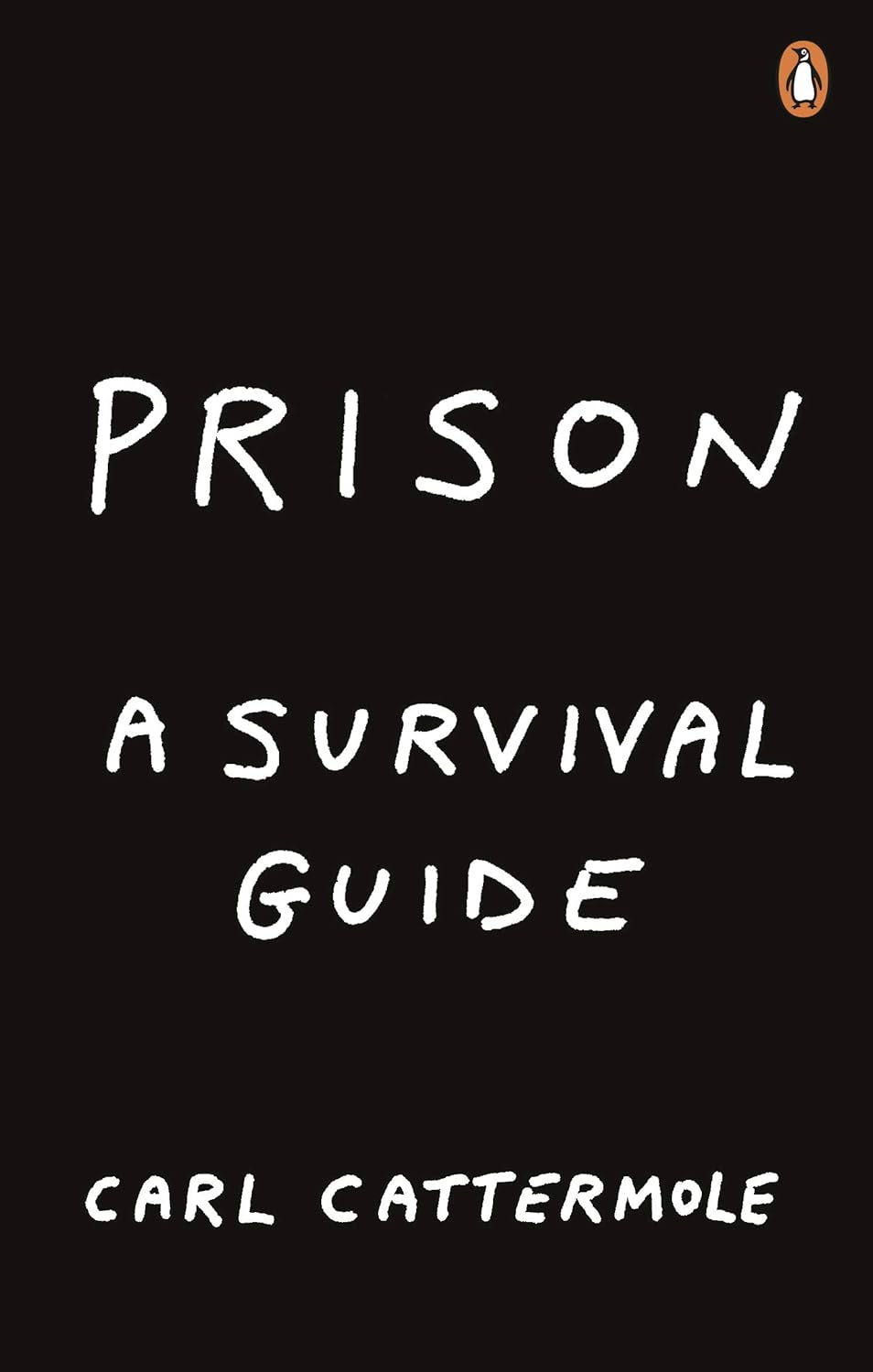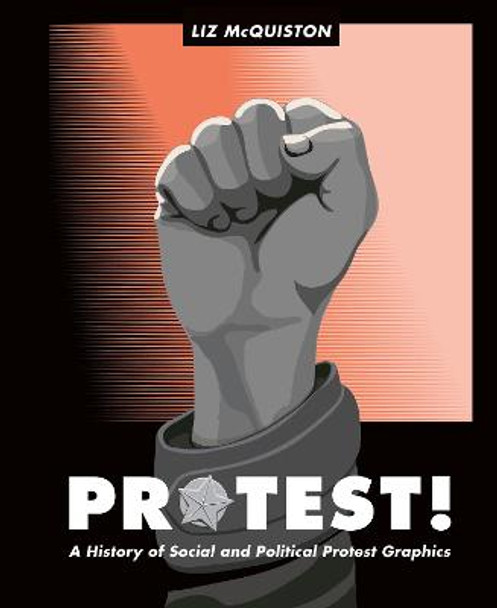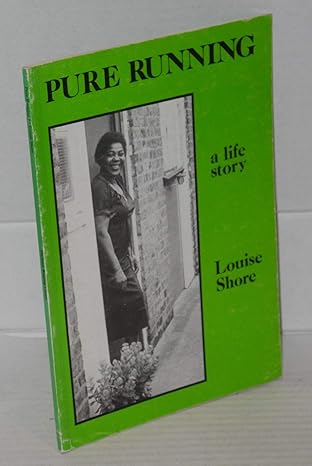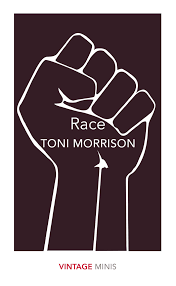The Amazing Adventures of Master Storyteller John Row...
John Row has been a professional artist, writer, performer for sixty years.He's been everywhere, man, studying at art school with a teenage Brian Eno, in at the early days of Rock Against Racism, touring with punk and reggae bands, hip hop artists and, more recently, in his mid-seventies and during Covid lockdown, curating the worldstorytellingcafe.com website and directing the Marrakech International Storytelling Festival once the borders were reopened.
Dive into a collision of memories, anecdotes and thoughts drawn from six decades of being at the cutting edge of street poets and alternative lifestyles, giving voice to the unheard and celebrating life in all its diversions and diversities.
John Row is a force of nature. Take it from the one who knows...
Himself!
Potiki is a novel by New Zealand author Patricia Grace. First published in 1986, the book is a significant work in contemporary Māori literature, and explores themes of cultural identity, land rights, and the impacts of urban development on indigenous communities. It was critically and commercially successful, and received the New Zealand Book Award for Fiction in 1987. It was published during the Māori renaissance, a period of time in which Māori culture and language was experiencing a revitalisation, and academics have described it as being part of that movement. Due to its themes of Māori resistance to colonialisation, the novel was viewed by some critics as political, although Grace has said that her intention was to write about people living ordinary lives. It was also unusual for its time in not including an English glossary of te reo Māori (Māori language) words, on the basis that Grace did not want Māori to be "treated as a foreign language in its own country".
What does freedom look like from inside an Israeli prison? A bird perches on the cell window and offers a deal: “You bring the pencil, and I will bring the stories,” stories of family, of community, of Gaza, of the West Bank, of Jerusalem, of Palestine. The two collect threads of memory and intergenerational trauma from ongoing settler-colonialism. Helping us to see that the prison is much larger than a building, far wider than a cell; it stretches through towns and villages, past military checkpoints and borders. But hope and solidarity can stretch farther, deeper, once strength is drawn of stories and power is born of dreams. Translating headlines into authentic lived experiences, these stories come to life in the striking linocut artwork of Mohammad Sabaaneh, helping us to see Palestinians not as political symbols, but as people.
This inspirational collection of prayers and reminders is the perfect companion for anyone who wishes to connect to the Divine.
Shaykh Omar Suleiman provides us with thirty short prayers taken from the teachings of the Prophet Muhammad and the early generations, each with a short reminder to deepen the impact of the prayer in our lives.
Prayers of the Pious provides spiritual gems that serve as valuable wisdom and practical advice for the soul.
By reading this short work with an attentive heart, the reader can cultivate love for God and His Messenger and live life with gratitude and contentment.
......................This 1994 collection of Gramsci's pre-prison writings, translated and including a number of pieces not previously available in English, covers the whole gamut of his journalistic activity, ranging from general cultural criticism to commentaries on local, national and international events. These early articles reveal the genesis of many of the themes of the Prison Notebooks, such as the function of intellectuals, the importance of cultural hegemony in holding societies together, and the role of the party in organising a revolutionary consciousness.
The cult guide to UK prisons by Carl Cattermole – now fully updated and featuring contributions from female and LGBTQI prisoners, as well as from family on the outside.
Contains:
Blood – but not as much as you might imagine
Sweat – and the prisons no longer provide soap
Tears – because prison has created a mental health crisis
Humanity – and how to stop the institution destroying it
Throughout history, artists and citizens have turned to protest art as a means of demonstrating social and political discontent. From the earliest broadsheets in the 1500s to engravings, photolithographs, prints, posters, murals, graffiti, and political cartoons, these endlessly inventive graphic forms have symbolized and spurred on power struggles, rebellions, spirited causes, and calls to arms. Spanning continents and centuries, Protest! presents a major new chronological look at protest graphics. From the French, Mexican, and Sandinista revolutions to the American civil rights movement, nuclear disarmament, and the Women’s March of 2017, Protest! documents the integral role of the visual arts in passionate efforts for change.
Reminiscences of a Jamaican woman, born in the 1930's, who emigrated to London in th 1960's.
Is who we are really only skin deep? In this searing, remonstrative book, Toni Morrison unravels race through the stories of those debased and dehumanised because of it. A young black girl longing for the blue eyes of white baby dolls spirals into inferiority and confusion. A friendship falls apart over a disputed memory. An ex-slave is haunted by a lonely, rebukeful ghost, bent on bringing their past home. Strange and unexpected, yet always stirring, Morrison’s writing on race sinks us deep into the heart and mind of our troubled humanity.

